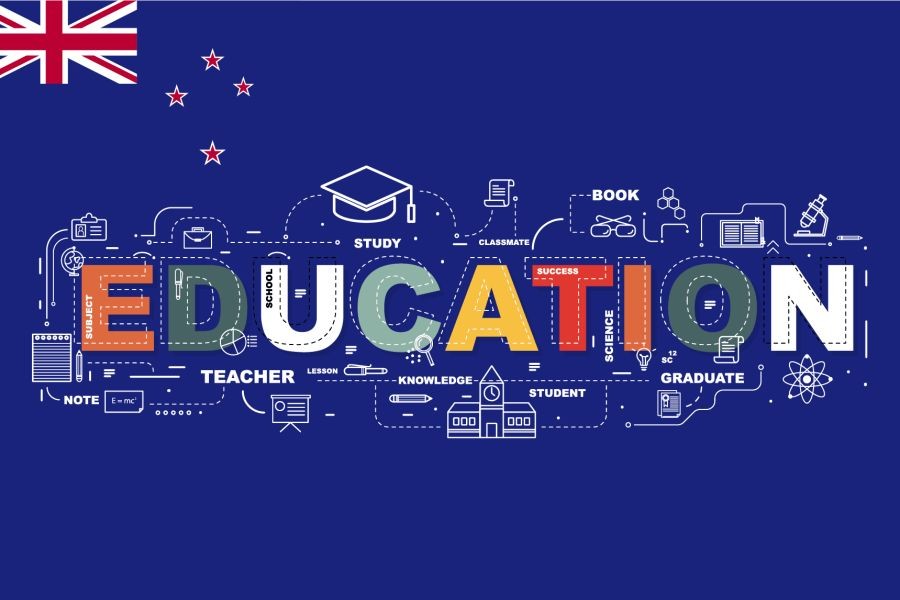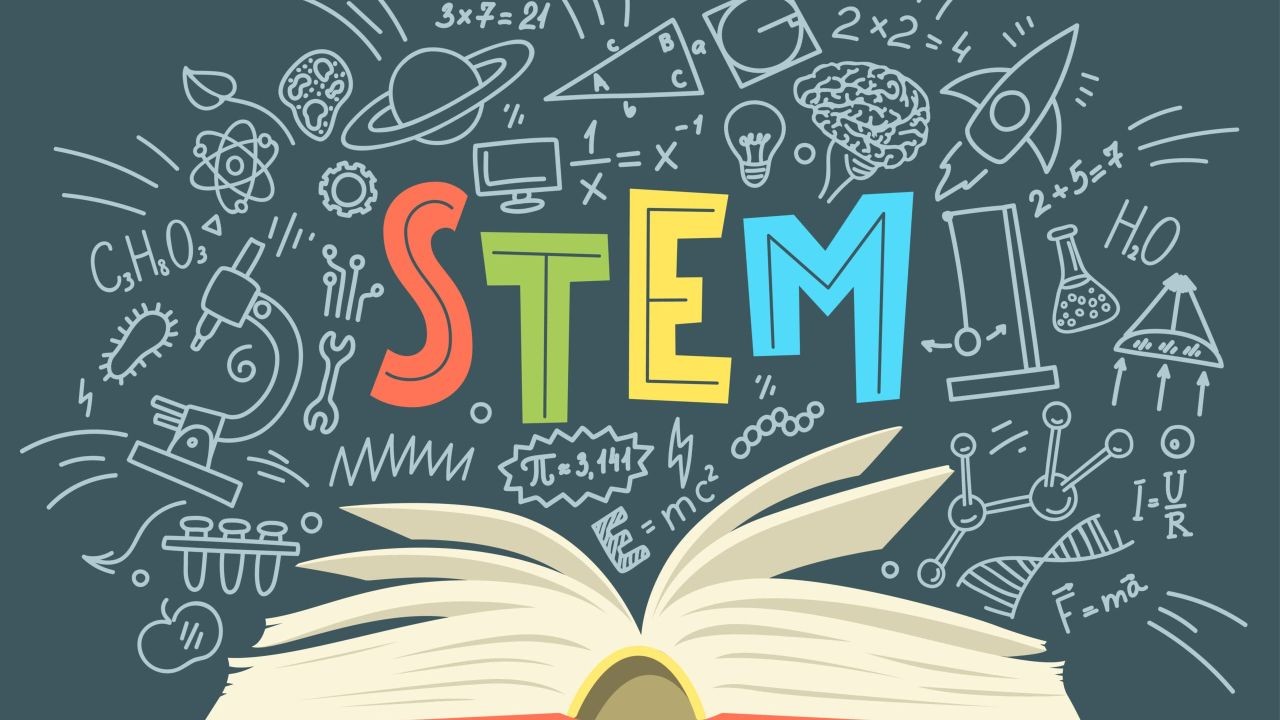New Zealand's education system, once lauded for its comprehensive approach, is increasingly under scrutiny for its inability to adequately prepare students for the rapidly evolving demands of today's economy. As we delve deeper into this issue, it’s crucial to understand how the current educational framework aligns—or misaligns—with the skills required in the modern job market.
Historical Context: A System Rooted in Tradition
New Zealand’s education system has long been characterized by a strong emphasis on traditional academic subjects, designed to produce well-rounded individuals. Historically, this approach served the nation well, especially in an era where a generalist education was sufficient for most careers. However, the global shift towards a digital and knowledge-based economy has rendered many traditional educational models obsolete.
The Shift in Economic Demands
In recent years, the New Zealand economy has undergone significant changes, driven by advancements in technology, globalization, and changing industry needs. According to the Ministry of Business, Innovation and Employment (MBIE), sectors such as IT, healthcare, and renewable energy are experiencing rapid growth, yet the skills gap in these areas continues to widen. This discrepancy highlights a pressing need for educational reform to align with these emerging sectors.
Data-Driven Analysis: Where the System Falls Short
The 2022 report from Stats NZ indicated that only 30% of New Zealand’s high school graduates pursue STEM (Science, Technology, Engineering, and Mathematics) subjects at the tertiary level. This is concerning, given the projected 20% growth in STEM-related job opportunities over the next decade. Furthermore, a survey by the New Zealand Institute of Skills and Technology found that 45% of employers believe recent graduates lack critical thinking and problem-solving skills, essential for navigating complex business environments.
Expert Insight: The Call for Digital Literacy
Dr. Emma White, a leading economist at the University of Auckland, emphasizes the importance of digital literacy in education. “Digital skills are no longer optional; they are a fundamental component of employability. Our education system must integrate digital literacy at all levels to prepare students for future challenges,” she asserts.
Case Study: A Real-World Example of Educational Reform
Case Study: Finland’s Education Transformation
Problem:
Finland, like New Zealand, faced a similar challenge with its education system struggling to keep pace with the demands of a modern economy. Finnish students exhibited a lack of preparedness in critical industries, similar to the trends observed in New Zealand.
Action:
In response, Finland overhauled its education system, emphasizing cross-disciplinary learning and critical thinking. They integrated technology and real-world problem-solving into the curriculum, ensuring students acquired practical skills alongside theoretical knowledge.
Result:
Within five years, Finland witnessed a significant improvement in student performance in STEM areas, with a 35% increase in students pursuing technology-related fields. This approach not only boosted academic outcomes but also enhanced students’ readiness for the job market.
Takeaway:
New Zealand can draw valuable lessons from Finland’s model, particularly the integration of technology and emphasis on practical skills. Adopting a similar approach could bridge the existing skills gap and better align educational outcomes with industry needs.
The Pros and Cons of Current Educational Practices
While New Zealand’s education system has its strengths, it’s important to evaluate both sides of the coin.
✅ Pros:
- Comprehensive curriculum: Offers a broad base of knowledge, fostering well-rounded individuals.
- Focus on Soft Skills: Encourages development of communication and collaboration skills.
- High Literacy Rates: Consistently ranks high globally in reading and writing proficiency.
❌ Cons:
- Lack of Specialization: Insufficient focus on industry-specific skills, particularly in STEM fields.
- Outdated Teaching Methods: Heavy reliance on traditional pedagogy, lacking innovation.
- Digital Skills Gap: Limited incorporation of technology and digital literacy in the curriculum.
Debunking Common Myths
Several misconceptions pervade discussions around education in New Zealand:
Myth: "Traditional education is the best preparation for the future."
Reality: As the economy evolves, a focus on digital and practical skills is increasingly crucial for future career success.
Myth: "STEM subjects are only for tech careers."
Reality: STEM skills are applicable across various sectors, including finance, healthcare, and manufacturing, making them essential for a wide range of careers.
Myth: "New Zealand’s education system is among the world’s best."
Reality: While historically strong, current performance indicators suggest a need for modernization to meet contemporary economic demands.
Future Trends and Predictions
The future of education in New Zealand will likely see a shift towards more personalized and technology-driven learning environments. A report by Deloitte predicts that by 2030, personalized learning powered by AI will become a cornerstone of educational frameworks, allowing for tailored learning experiences that cater to individual student needs and industry requirements.
Conclusion: The Path Forward for New Zealand’s Education System
Addressing the skills gap in New Zealand requires comprehensive reform, focusing on integrating digital literacy, critical thinking, and industry-specific skills into the education system. By drawing lessons from successful models like Finland and leveraging technology, New Zealand can better prepare its students for the challenges and opportunities of the modern economy.
What’s your take on the future of education in New Zealand? Share your insights below!
People Also Ask (FAQ)
How does the NZ education system impact the economy?
The education system significantly influences the economy by shaping the workforce. A system that aligns with industry needs boosts employability and economic growth.
What are the biggest misconceptions about the NZ education system?
One common myth is that traditional education is sufficient for future careers. However, the evolving economy demands more specialized and digital skills.
What are the best strategies for improving NZ’s education system?
Experts recommend integrating digital literacy and practical skills, adopting technology-driven learning environments, and aligning curricula with industry needs.
Related Search Queries
- New Zealand education system reform
- Skills gap in New Zealand
- STEM education in New Zealand
- Future of education in New Zealand
- Digital literacy in schools NZ
- Education and employability in New Zealand
- Technology in education NZ
- Industry-specific skills in NZ
- Challenges in New Zealand education
- Educational trends in New Zealand


































Esim Friends Ltd
6 months ago